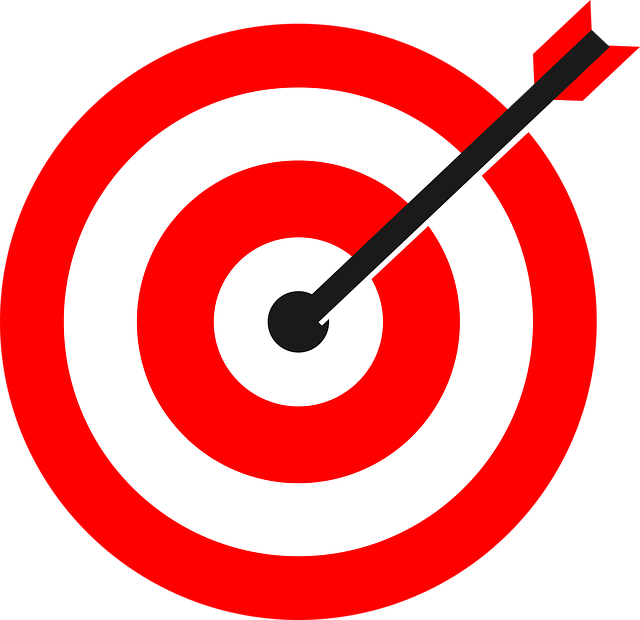AI food photo recognition technology, powered by machine learning algorithms, revolutionizes nutrient intake monitoring. By analyzing images of meals in real-time, these systems provide accurate calorie and nutritional information, helping users make informed dietary choices. Smart trackers leveraging this technology offer detailed insights into daily diets, encouraging balanced meals and optimized well-being through proactive meal planning and habit modifications. Despite challenges in accuracy across cuisines and privacy concerns, AI food photo recognition promotes mindful eating by providing practical and accurate methods for tracking nutrient intake.
Smart trackers utilizing AI food photo recognition technology are transforming how we monitor nutrient intake. These innovative tools capture and analyze photos of meals, providing accurate calorie estimates and detailed nutritional insights. By understanding this evolving AI technology, individuals can enhance their dietary awareness and make informed choices. This article explores the benefits and challenges of daily calorie estimate tracking with a focus on AI food photo recognition for calorie estimates, guiding readers through the intricacies of this game-changing approach to nutrition monitoring.
- Understanding AI Food Photo Recognition Technology
- How Smart Trackers Enhance Nutrient Intake Monitoring
- Benefits and Challenges of Daily Calorie Estimate Tracking
Understanding AI Food Photo Recognition Technology

AI food photo recognition technology has revolutionized how we track and monitor our nutrient intake. This innovative system uses advanced machine learning algorithms to analyze images of food, providing accurate calorie estimates and nutritional information in mere seconds. By training models on vast datasets of diverse meals, these AI systems can identify various dishes, from a simple salad to a complex curry, with remarkable precision.
The process involves several steps: the camera captures an image of the meal, which is then processed by the AI to break down its components. The technology identifies different types of food, estimates portion sizes, and calculates calorie content based on nutritional databases. This real-time data helps users make informed dietary choices, ensuring they stay within their calorie goals and maintain a healthy diet.
How Smart Trackers Enhance Nutrient Intake Monitoring

Smart trackers enhance nutrient intake monitoring through advanced AI food photo recognition for calorie estimates. These devices leverage machine learning algorithms to analyze images of meals, accurately determining portion sizes and nutritional content. By integrating this technology, users can gain real-time insights into their daily diet, ensuring a more precise understanding of their nutrient intake.
Moreover, smart trackers often provide personalized recommendations based on individual dietary goals and health metrics. They can identify areas where users may be falling short or exceeding recommended guidelines, prompting adjustments to meal planning and eating habits. This proactive approach fosters healthier choices, making it easier for individuals to maintain balanced diets and optimize their overall well-being.
Benefits and Challenges of Daily Calorie Estimate Tracking

The benefits of daily calorie estimate tracking with AI food photo recognition are significant, offering users a convenient and precise way to monitor their nutrient intake. This technology enables individuals to gain deeper insights into their dietary patterns, helping them make informed decisions about their meals. By analyzing photos of food, smart trackers can accurately estimate the calories and nutritional content, providing a comprehensive overview of one’s diet. It encourages mindful eating habits as users become more aware of their food choices and their impact on overall health.
However, challenges exist in implementing this system effectively. One hurdle is ensuring the AI model remains accurate across diverse cuisines, dishes, and portion sizes. The complexity of food photography, including lighting conditions and different perspectives, can also pose issues for image recognition. Privacy concerns are another critical aspect; users must trust that their data, including meal photos, is secure and used ethically. Additionally, some individuals might find the constant monitoring intrusive or overwhelming, leading to potential adherence issues over time.
Smart trackers utilizing AI food photo recognition technology offer a promising way to enhance nutrient intake monitoring. By providing daily calorie estimate tracking, these tools empower individuals to make informed dietary decisions. However, they also face challenges such as accuracy, user privacy, and the need for constant refinement. As this technology evolves, integrating it into our daily lives could lead to improved overall health and well-being.
